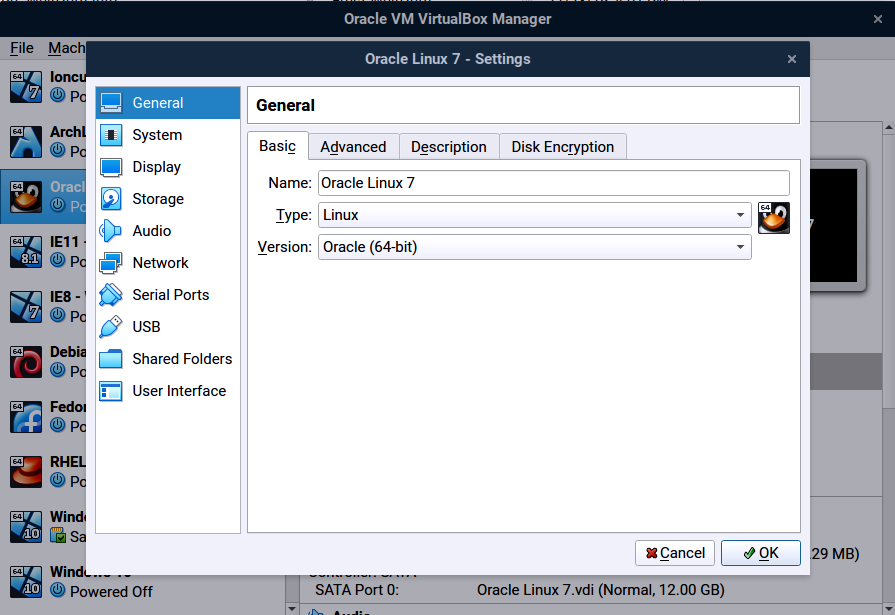In addition to new features, multiple fixes have been implemented to address previous issues, including improved handling of keyboard LEDs in the Soft Keyboard, enhanced NAT settings, and audio fixes. The update resolves compatibility issues for saved states of Arm VMs from version 7.1, necessitating users to shut down those VMs before upgrading. Improvements have also been made in virtual machine management (VMM), such as better CPU feature reporting and enhanced nested virtualization on Intel CPUs.
Further refinements include the introduction of a checkbox for designating Shared Folders as global across all VMs, fixes for video recording synchronization issues, and enhancements to the API for unattended installations. The update also provides initial support for kernel versions 6.16 and 6.17, along with adjustments to key handling for both Linux and Windows hosts.
Overall, VirtualBox 7.2.0 delivers a comprehensive range of updates that significantly enhance its usability and compatibility across various platforms, making it a robust tool for virtualization.
Extended Summary:
The release of VirtualBox 7.2.0 underscores the platform's commitment to continuous improvement in virtualization technology. Users can now benefit from a more streamlined interface with intuitive access to tools, while the addition of Arm virtualization signifies a step towards accommodating the growing demand for diverse architectures in virtual environments. The integration of NVMe storage controller emulation into the base package enhances performance and storage management capabilities, which is crucial for modern applications requiring high-speed data access.The update also emphasizes stability and performance, addressing critical issues that could affect user experience, such as audio crashes and NAT-related problems. Moreover, the improved compatibility with recent kernel versions ensures that users are equipped with the latest features and security enhancements available in Linux distributions.
As virtualization technology evolves, updates like VirtualBox 7.2.0 reflect an ongoing effort to cater to developers and users looking for flexibility and reliability in their virtual environments. With these advancements, VirtualBox continues to be a leading choice for both individual users and enterprises seeking efficient virtualization solutions
VirtualBox 7.2.0 released
VirtualBox 7.2.0 has been released and is a major update that includes new features, such as moving global and VM tools from the hamburger menus to the global tools taskbar and the VM tools tabs. It also adds Arm virtualization of VMs, Windows/Arm host, and video decoding acceleration when 3D is enabled. The NVMe storage controller emulation is now part of the open-source base package. Other improvements include improved handling of keyboard LEDs in the Soft Keyboard, a checkbox for making a Shared Folder global to all VMs, and removing IO-APIC from Arm VM settings. Audio has been fixed, and NAT has been improved, including better DNS server handling, saving VM settings, and generating a boot file name within the length limit. Storage has been fixed, and video recording has been fixed. The update also includes support for kernel version 6.16, swapped scan codes for the Pause and Num Lock keys, and improvements in Windows driver installation. The update also addresses keyboard translation issues, error reporting for single-sided floppy disks, and a workaround for the Grub bug causing guest OS crashes.


